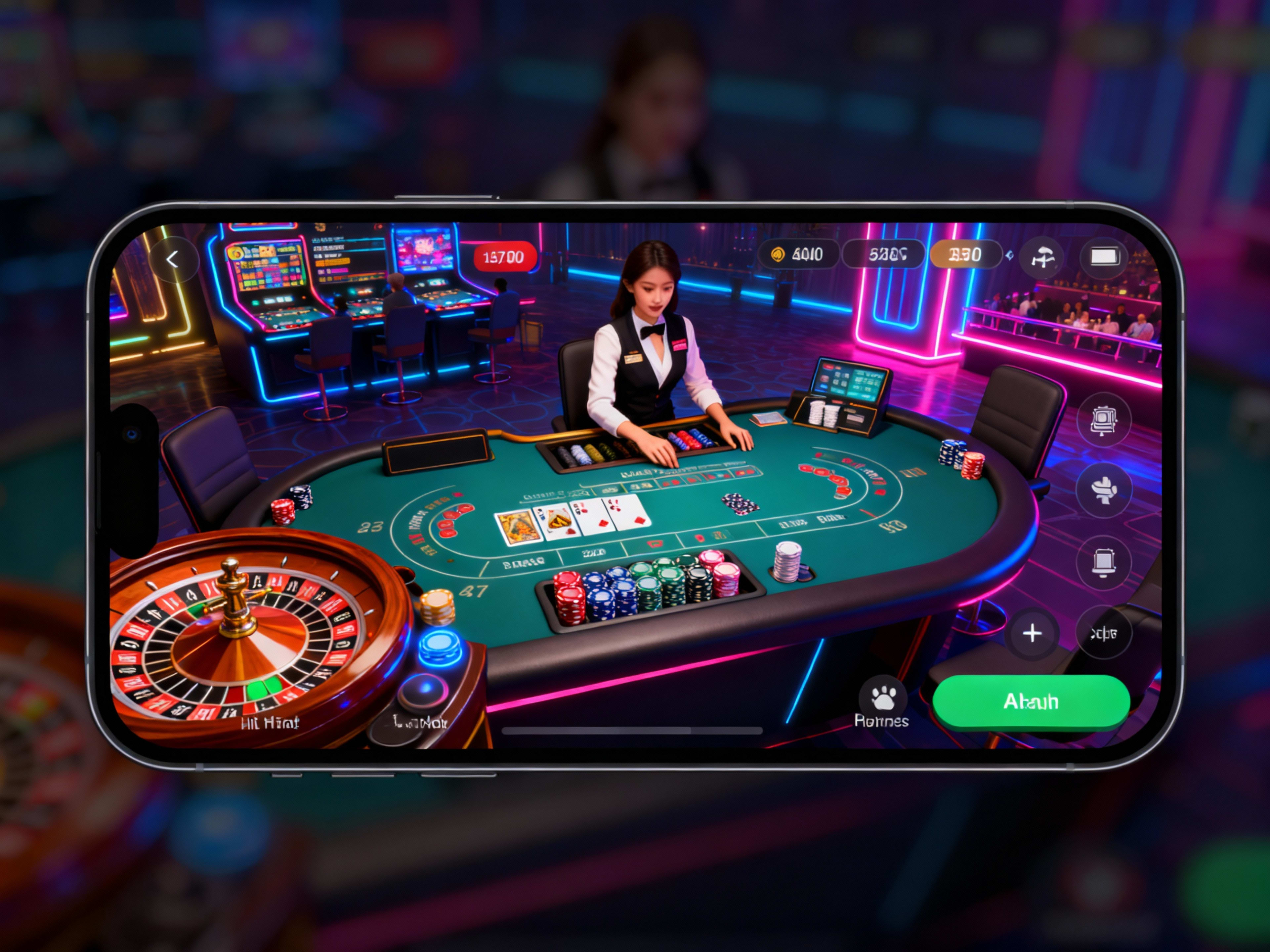5G Transforms Mobile Casino Connectivity

Recommended casinos
Key Takeaways
- 5G networks enable ultra-low latency live dealer games, reducing lag to under 10ms for seamless real-time interactions.
- Enhanced bandwidth supports high-resolution graphics and AR features, boosting immersion without compromising mobile performance.
- Operators gain scalability for multiplayer sessions, potentially increasing user retention by 25% through smoother experiences.
Wi Fi Planet reports that 80% of online casino players now rely on mobile devices, a figure underscoring the sector's pivot to on-the-go access. This shift coincides with widespread 5G rollout, which delivers download speeds up to 10Gbps—100 times faster than 4G—fundamentally altering mobile casino dynamics. Previously hampered by buffering and pixelated streams, live dealer titles like blackjack and roulette now stream in crystal-clear 4K, with latency minimized to milliseconds. This eliminates the disconnect between virtual and physical casino atmospheres, allowing players to engage dealers and peers as if onsite.
The implications extend beyond user satisfaction. For operators, 5G's superior bandwidth handles complex assets—such as fluid animations and spatial audio—without device strain, enabling richer game libraries optimized for mid-range smartphones. Substream Magazine highlights how leading platforms integrate haptic feedback and micro-animations, drawing from mainstream titles like Fortnite to foster intuitive session flows. This mobile-first refinement not only curbs abandonment rates but also opens avenues for AR overlays, where virtual roulette wheels project onto real-world tables via compatible apps.
From a business standpoint, scalability emerges as a key advantage. 5G's edge computing processes data closer to users, supporting simultaneous multiplayer lobbies without server overloads. The Spread projects mobile gambling revenue hitting $150 billion globally by year-end, with 5G-fueled innovations like AI-personalized lobbies driving 65% desktop-to-mobile migration. Operators must invest in 5G-compatible infrastructure to comply with emerging standards, such as those mandating low-latency for responsible gaming alerts.
Users benefit from heightened security too: faster networks facilitate real-time fraud detection, including biometric verifications during high-stakes plays. However, challenges persist; uneven 5G coverage in rural areas could exacerbate access disparities, prompting regulators to push for hybrid 4G/5G fallbacks. Overall, this connectivity leap positions mobile casinos as the industry's vanguard, demanding agile updates from developers to sustain growth amid rising player expectations for fluid, immersive play.
Sources:








